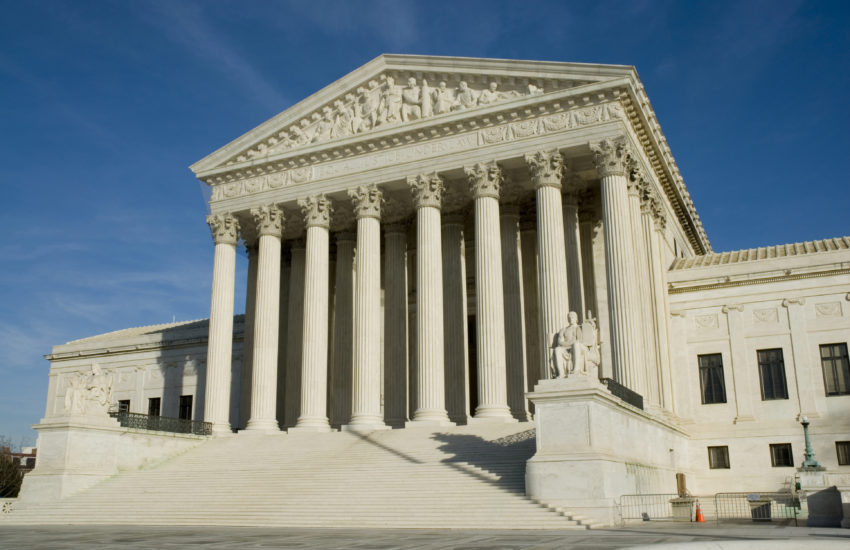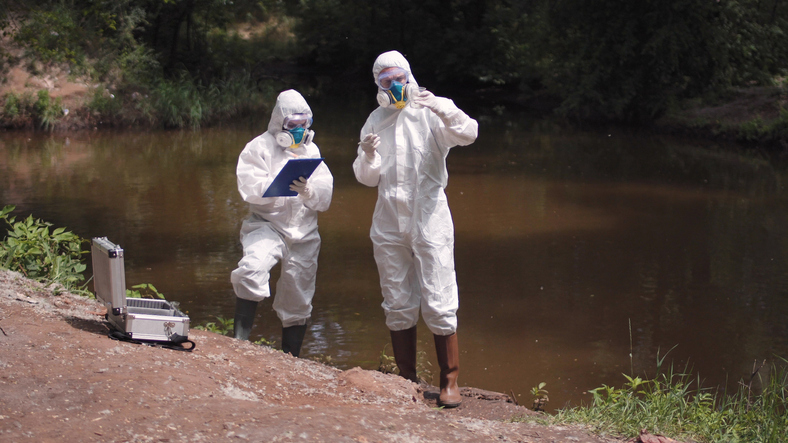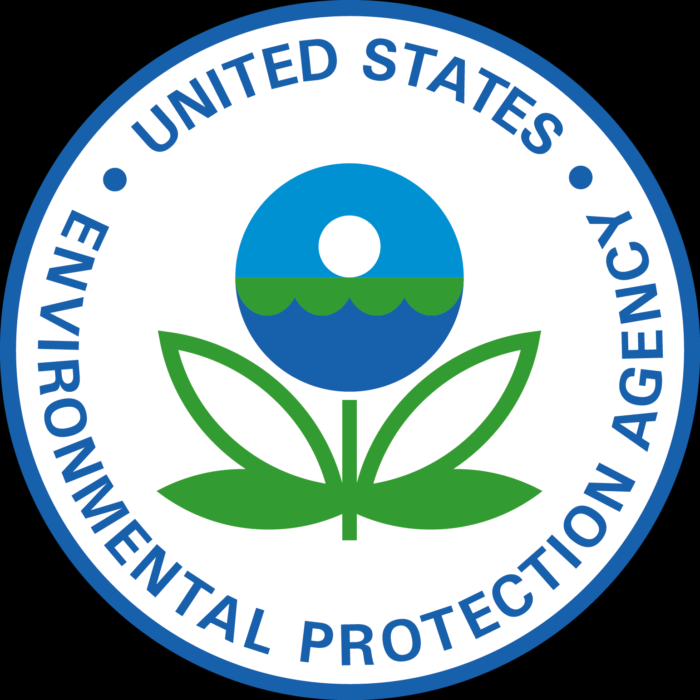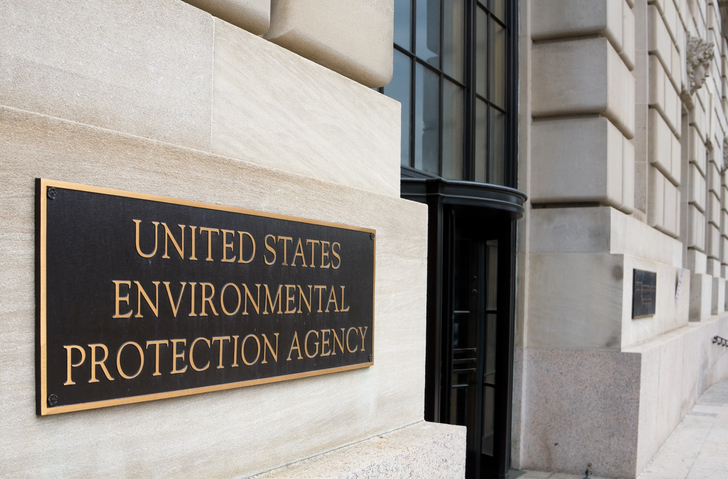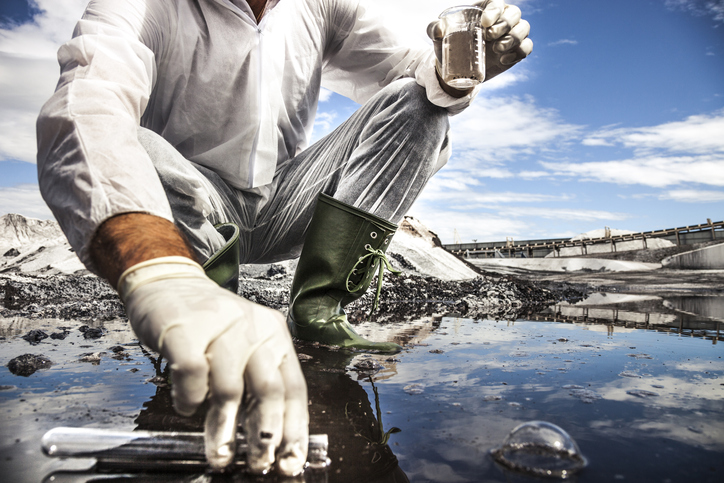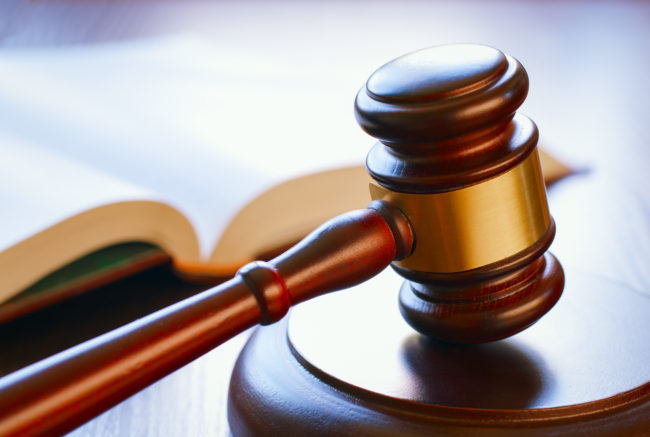On April 16, 2020 a coalition of environmental groups commenced the action National Resources Defense Council, et al. v. U.S. EPA et al., No. 20-3058, in the Southern District of New York, over concerns about the EPA’s policy on “enforcement discretion” in response to the COVID-19 pandemic. The plaintiffs are demanding that the EPA be compelled to respond to a Petition for Emergency Rulemaking filed on April 1, 2020, requesting that the EPA publish an interim final rule to ensure prompt public notice of …
Continue Reading

